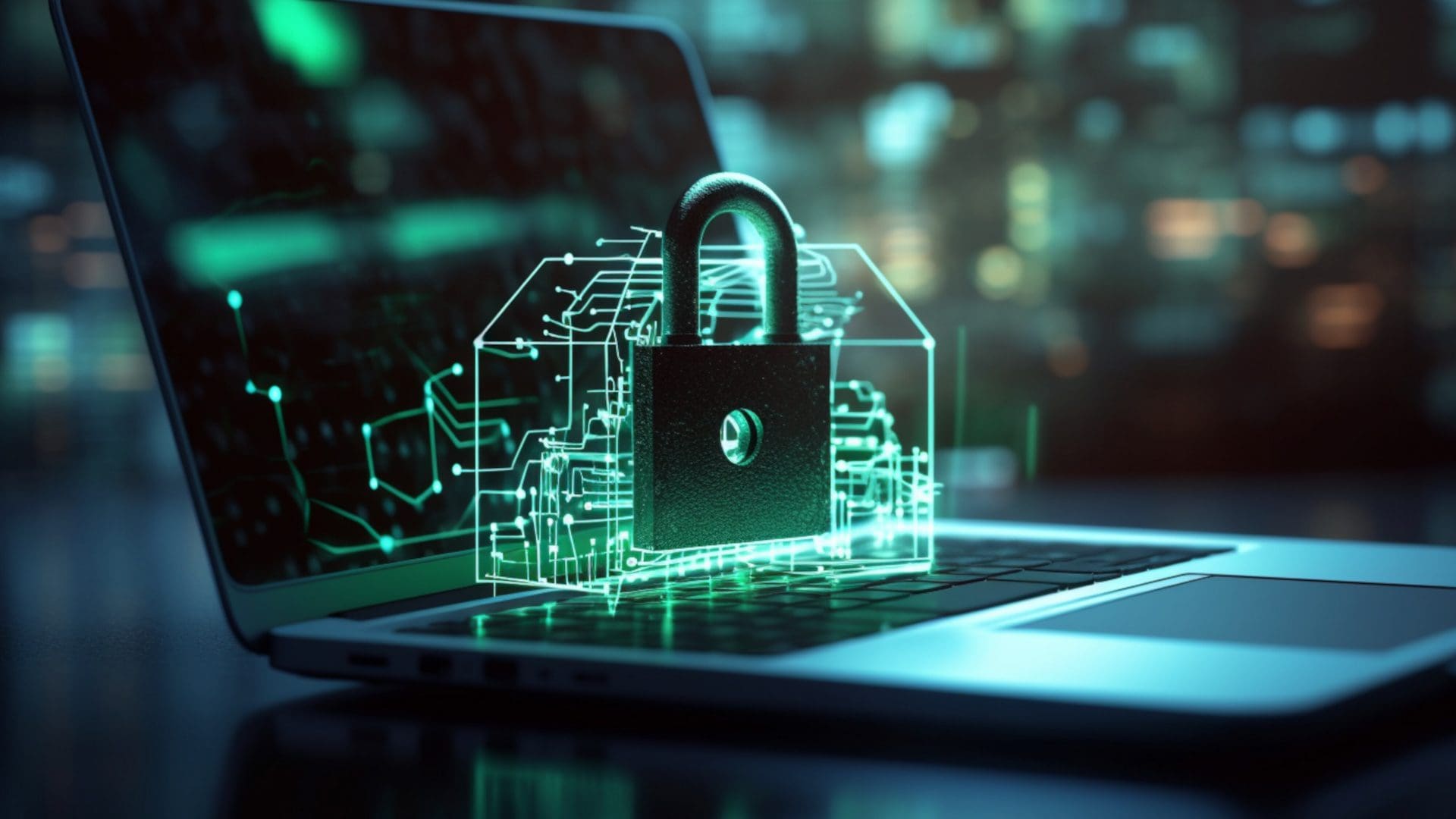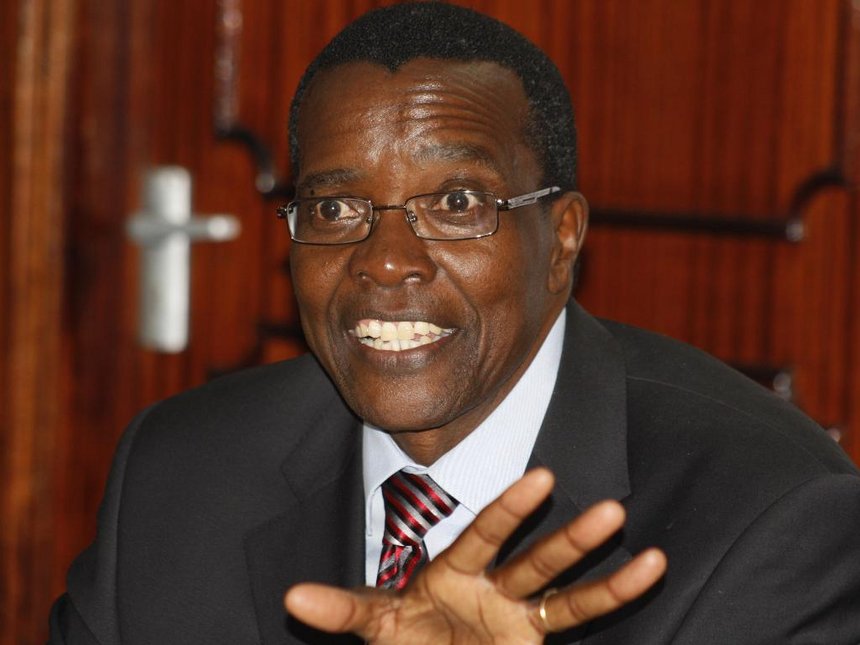Former Chief Justice David Maraga has thrown his weight behind fresh court petitions challenging President William Ruto’s newly enacted Cyber Crime Laws and other contentious legislation.
Speaking in Nairobi, Maraga accused the Kenya Kwanza administration of pushing through unconstitutional bills that threaten digital freedom and public accountability. He warned that the hasty passage of these laws was an attempt to outpace legal scrutiny and silence dissenting voices.
His remarks have now amplified growing opposition among civic groups, digital rights activists, and political leaders calling for judicial intervention.

Maraga Challenges Legitimacy of Ruto’s Cyber Crime Laws
Maraga openly criticised President Ruto’s government for fast-tracking laws that, in his view, erode fundamental freedoms protected under the Constitution.
“The government knows people are going to court. They are moving with speed so that by the time we obtain court orders, events will have overtaken us,” Maraga stated during the press briefing.
President Ruto recently signed eight major bills into law, including the Computer Misuse and Cybercrimes (Amendment) Bill, 2024, the Privatisation Bill, 2025, and amendments to the National Land Commission, Wildlife, and National Police Service Commission Acts.
Ruto defended the new legislation on his X account—before the post was deleted—saying they would promote transparency, economic growth, and national cohesion.
Concerns Over Online Freedoms and Abuse of Power
The Cyber Crime Laws have emerged as the most controversial of all. They give state agencies power to access, monitor, or restrict digital accounts deemed to spread misinformation or pose cyber threats.
He noted that the absence of court oversight in executing such decisions undermines constitutional checks and balances.
“These amendments are unconstitutional, null, and void,” he said. “President Ruto has lost legitimacy to continue governing this country.”
The amendments also expand the definition of phishing to include fraudulent phone calls and criminalise unauthorised SIM swaps, but critics argue the penalties and enforcement powers are disproportionate and open to misuse.
Civic Groups and Opposition Move to Court
Maraga revealed that civil society organisations, opposition leaders, and digital rights advocates are already preparing legal petitions to suspend the enforcement of the new laws.
He said their main goal is to safeguard freedom of expression and prevent the government from weaponising cybersecurity measures against political opponents or independent journalists.
“We cannot allow these freedoms to be buried silently,” Maraga declared. “Efforts are underway to seek court intervention, and we fully support these initiatives.”
Sources within the opposition confirm that the petitions will target sections of both the Cyber Crime Laws and the Privatisation Bill, which gives the government authority to sell state corporations without parliamentary approval.
Analysts warn that if the court suspends the implementation of these laws, it could set the stage for a major political and constitutional battle between the Judiciary and the Executive.
Parliament Defends Legislative Process
Despite growing backlash, Parliament insists that the passage of the Computer Misuse and Cybercrimes (Amendment) Bill, 2024, followed due process.
The National Assembly published the Bill on August 9, 2024, and subjected it to public participation through the Departmental Committee on Communication, Information, and Innovation. The committee said it received and reviewed submissions from industry leaders, civil society groups, and relevant government departments before forwarding it to the House.
It was passed on October 8, 2025, and President Ruto signed it into law a week later on October 15.
However, Maraga and other critics maintain that the government merely staged the public participation phase and ignored most of the recommendations from stakeholders.
They argue that the final version of the Bill gave sweeping powers to executive agencies without judicial oversight, creating a dangerous precedent for state control over the digital space.


